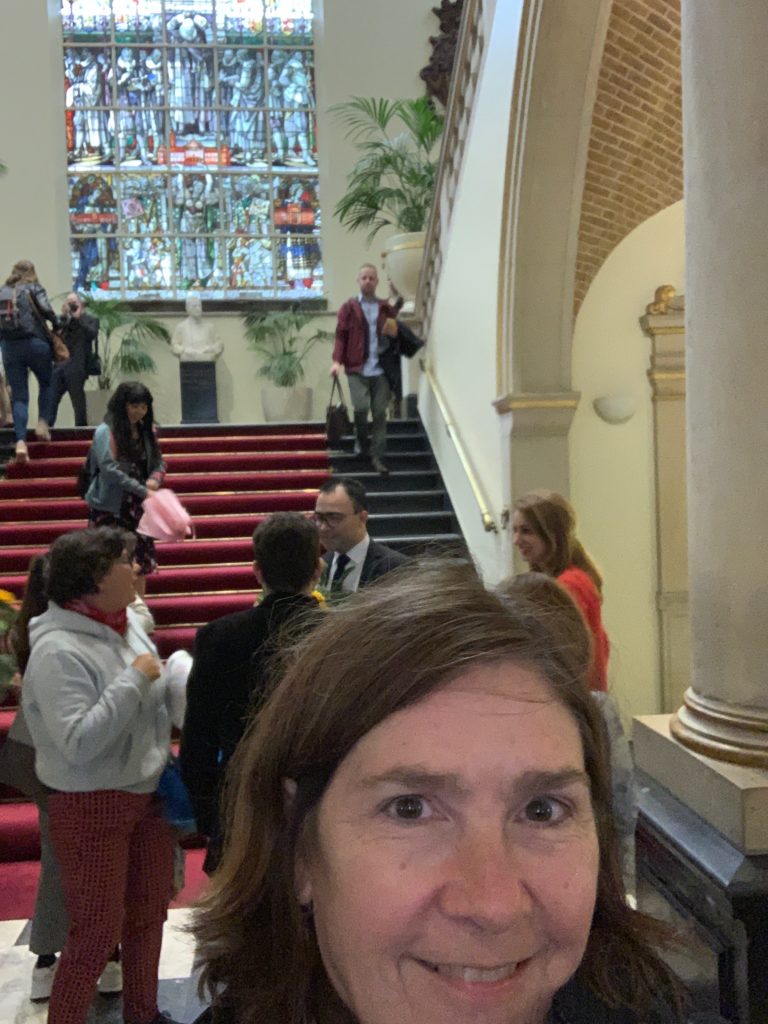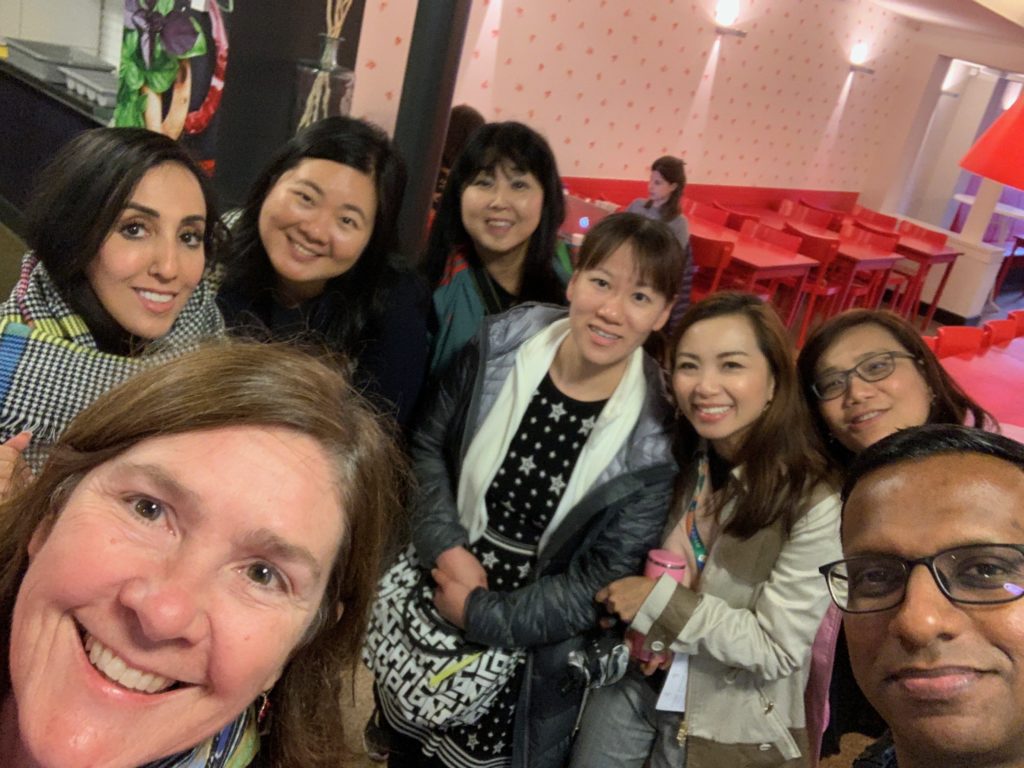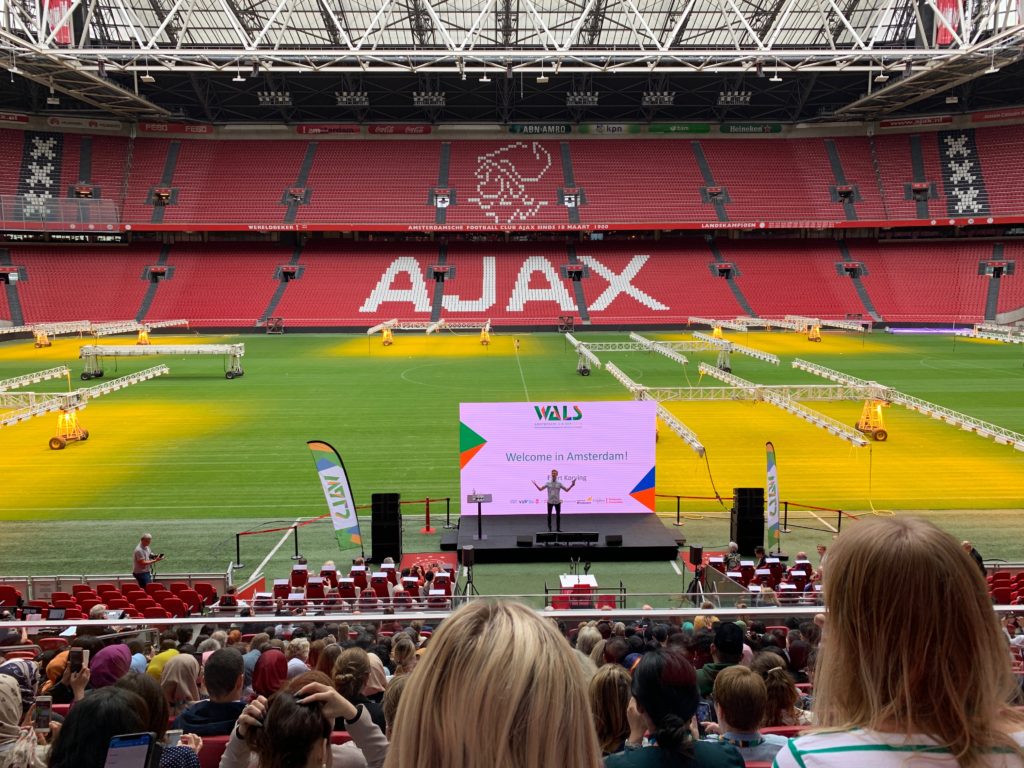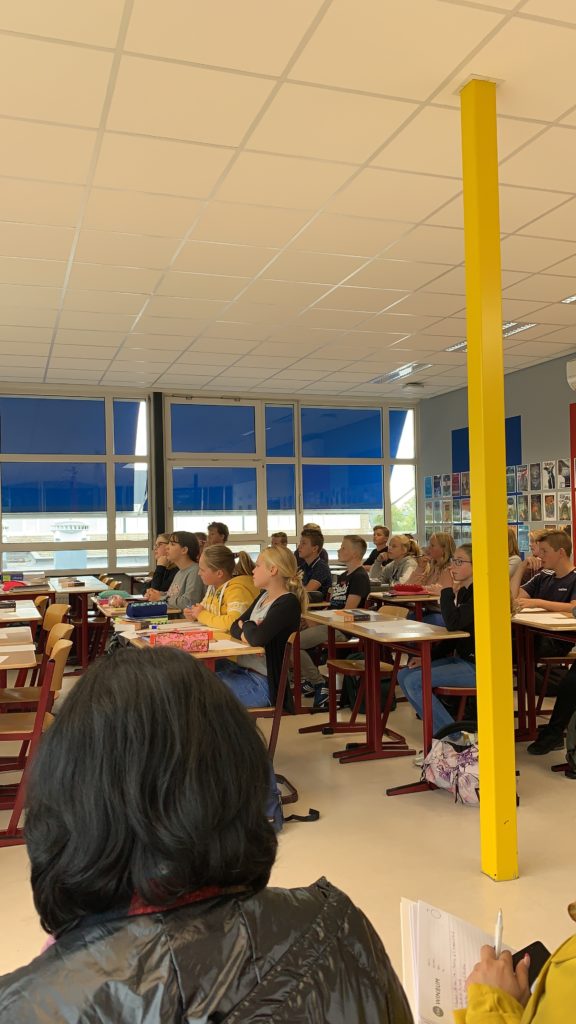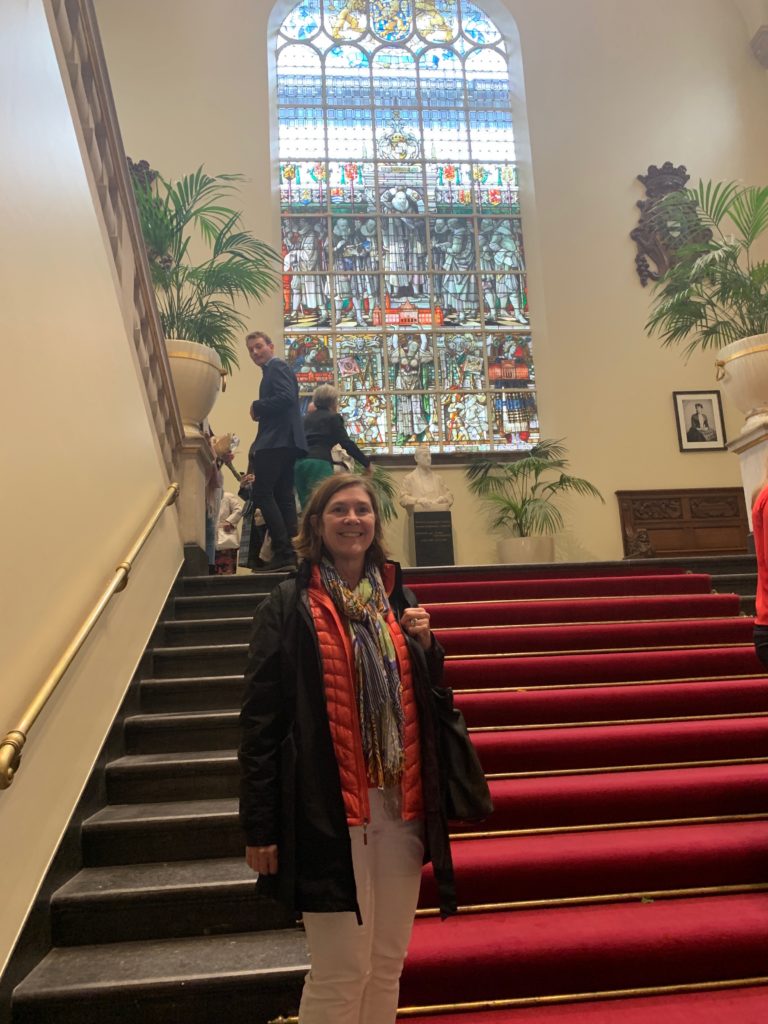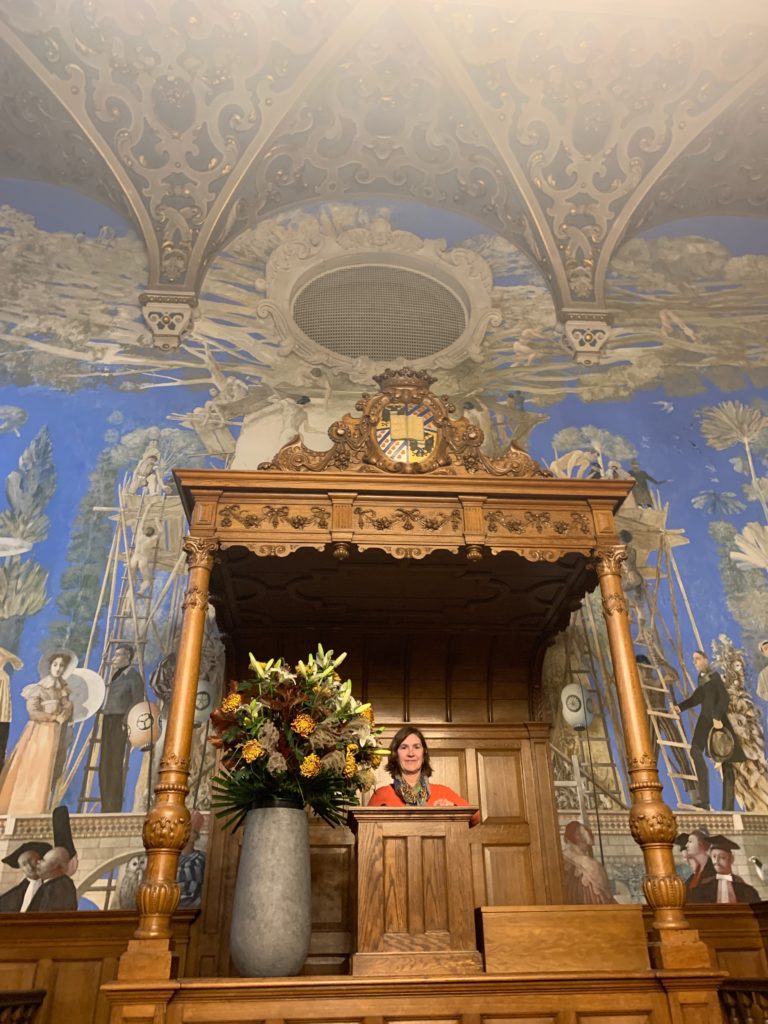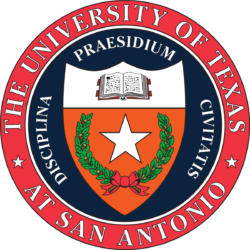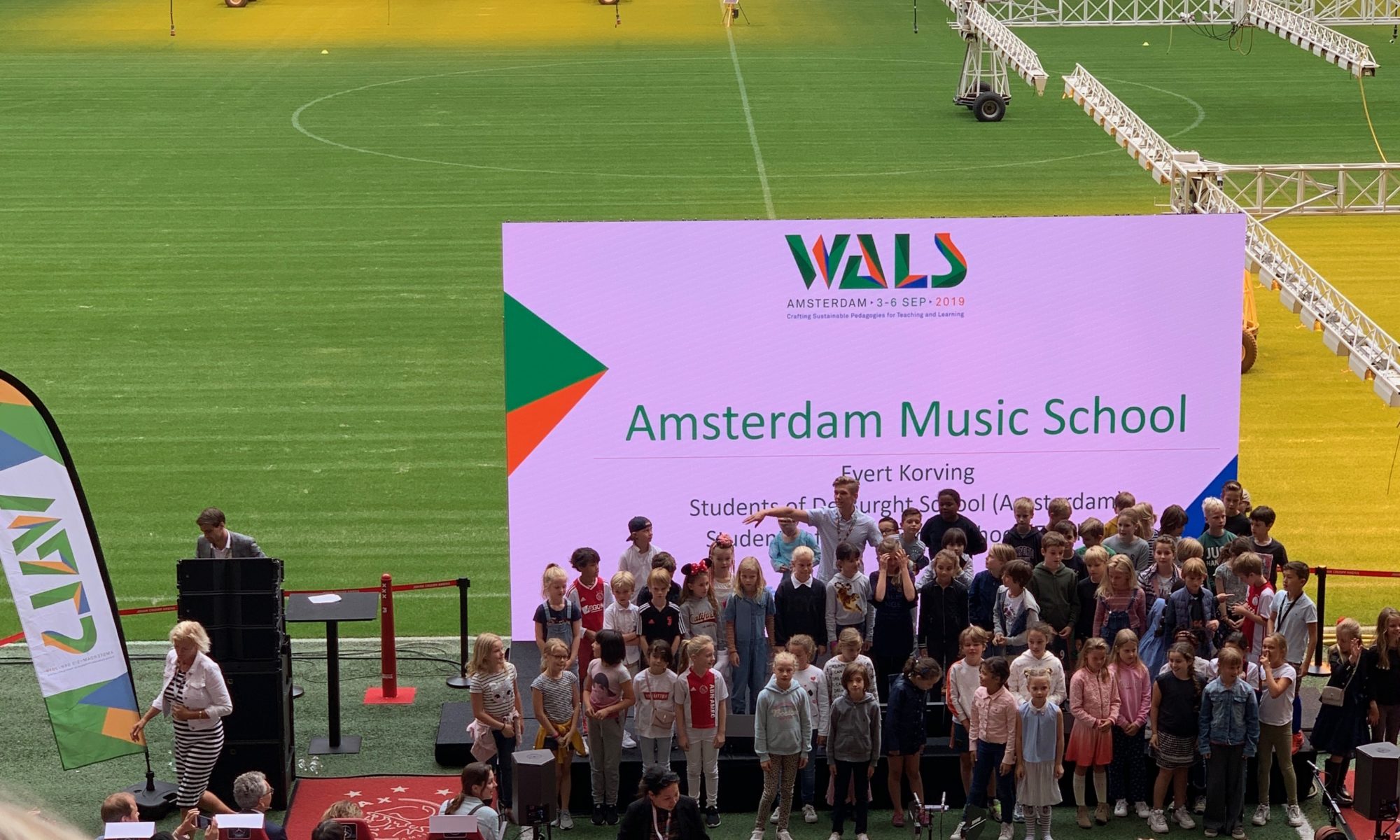Building Student Success: Engaging in STEM Lesson Study at the Tertiary Level
Abstract
This paper examines the first year of a lesson study project and focuses on the individual and institutional affordances and constraints that affected the process of the lesson study cycle as well as the results of two cycles of lesson study from the perspectives of lesson study team members, affiliated engineering and physics faculty, and importantly, student learners. The context for the study is two gateway STEM courses taught at a large public university with a designation of Hispanic Serving and a student body of more than 50% minority and often bilingual students. The challenges associated with developing sustainable student learning focused pedagogical change are examined through a comparison of two newly formed lesson study groups, one focused on engineering coursework, and the second focused on physics coursework.
Proposal
Lesson study at the tertiary level is relatively new. Lesson study, however, provides a framework in which to consider critical issues to student success, a focus of particular importance for universities working to enhance educational opportunities for first-generation college students. In this context, failure rates in gateway STEM courses can be quite high (over 30%) and have a direct impact on graduation.
The potential impact of pedagogical change on university-level student success in STEM drives this research. The challenges associated with developing sustainable student learning focused pedagogical change are examined through a comparison of two newly formed lesson study groups, an engineering group, and a physics group.
Two lesson study groups comprised of faculty and research assistants from the College of Education together with Engineering and Physics respectively are the focus of this study. Drawing on a sociocultural framework for teaching and learning that articulates learning as tied to opportunities for active engagement with content and academic language, this study reports on the collaborative development of lesson study groups focused on shifting pedagogical practice at a Hispanic Serving University with a student body greater than 50% made up of minority and often bilingual students.
This paper examines the first year of a lesson study project and focuses on the individual and institutional affordances and constraints that affected the process of the lesson study cycle as well as the results of two cycles of lesson study from the perspectives of lesson study team members, affiliated engineering and physics faculty, and importantly, student learners.
Questions addressed include:
- How are organizational routines for lesson study accomplished in university STEM contexts?
- To what extent can lesson study activity establish a routine focus on pedagogical practice and student learning?
- In what ways can one establish students’ perceptions of learning goals and their connection to pedagogical activities in large lecture contexts, such as university STEM courses?
Data are drawn from two lesson study groups, and two cycles of lesson study delivered in two sections of a gateway engineering course (with 225 students) and one section of a gateway physics course (with 100 students).
Data analyses focus on the development and reflection of adapted lessons within each lesson study group, audio and video recording of delivered lesson study lessons, pre- and post questionnaires of students in both lesson study and non-lesson study sections of the course (n-498), and interviews with students immediately following each lesson study cycle (n=40).
Results focus on the effect of student’s voice on faculty perceptions of what constitutes good teaching, the iterative effect of two lesson study cycles on planned shifts at the level of lesson delivery, syllabus development, and articulation of connections between lecture and recitation sections.
Through a comparison of the two lesson study groups, results further examine the effect of group makeup on the effectiveness and sustainability of continuing lesson study.
Based on the preliminary findings we outline a strategy for sustainable lesson study practice that may have the broadest impact on student learning.
